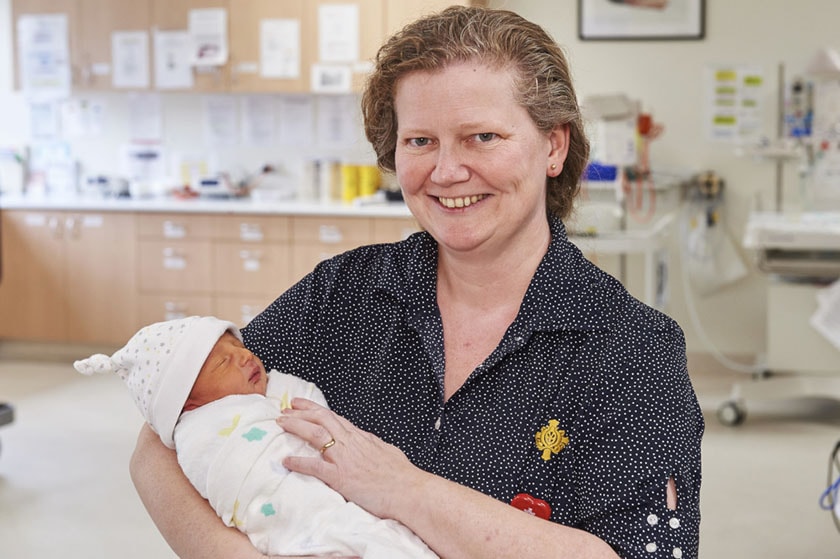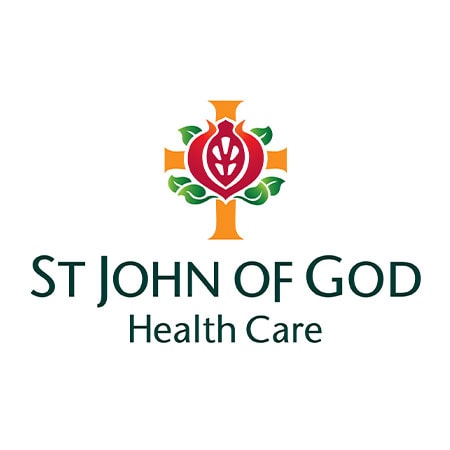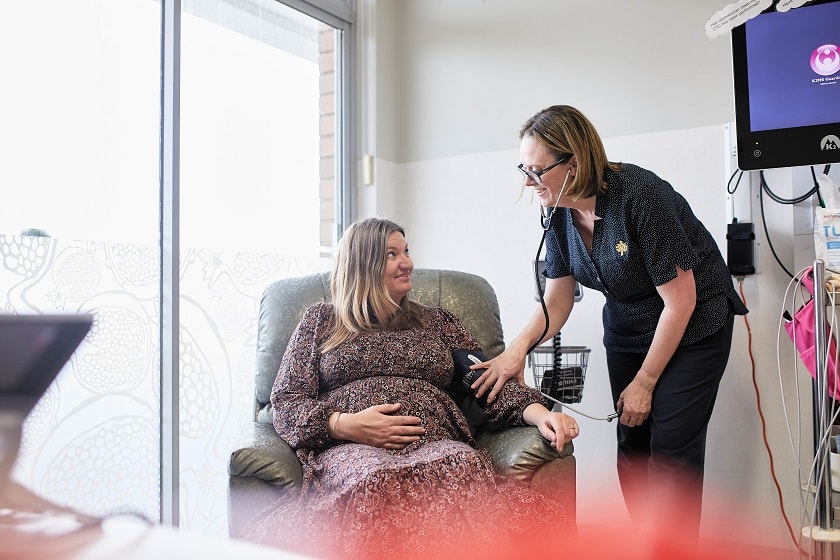1. Midwifery is more than just assisting the delivery
Think the midwife ‘just’ assists delivery? Think again!
“Most people think it’s just the hands on aspect of delivering a baby, but it’s actually a lot more than that,” said Siobhan Eccles, Nurse Midwife Manager at St John of God Subiaco Hospital.
“Midwives look after women from the preconception stage, so even before they’re pregnant. They look after the health of the mother and the partner so they have a better chance of getting pregnant. We then guide you through your pregnancy, the delivery, and right up until the six week postnatal point.”
2. Don’t rely on Dr Google too much
Most midwives understand that it’s natural to search the internet for health information these days. However, be sure to follow it up with your midwife or other health professional.
“That ability to get instant knowledge at the press of a button is amazing, but it can also be frightening,” said Siobhan. “Many obstetricians tell us that the patient ‘Googled’ this or that and now they’ve frightened themselves to death. It can be really easy to get carried away and overwhelmed.”
When searching for information online, try to make sure it is from a credible source such as Health Direct rather than from a friend-of-a-friend on Facebook. If you have any concerns about your pregnancy contact your obstetrician, midwife or GP.
3. Yes… it’s probably normal
Is this normal? This is one of the most common questions asked by expectant mothers. Thankfully…
“99.9% of the time it is normal,” said Siobhan. “It’s usually just something the mother hasn’t come across before. Babies are just little humans and we have to be there to support parents and help them become confident. I try and remind people that childbirth is a normal process. I always trust in the human body.”
4. Birth is not going to be easy (but it will be worth it)
Despite what some people think, neither a vaginal birth nor a caesarean section birth is an ‘easy option’.
“A common misconception is that the birth is going to be easy, and it’s not easy!” said Julie Rakic, Midwife Manager at St John of God Midland Public Hospital.
“Straight after the birth they may think they’ll never get pregnant again, but even by the second day they’ve forgotten all about the pain and they just see the baby and they think it’s wonderful.”
5. There is a reason vaginal births are preferred (but you can get a Caesarean if you need one)
Childbirth is a wonderful experience for parents, however it happens. It’s important to remember that every birth is unique and it’s important to discuss what’s right for you and your baby with your caregivers.
Caesarean sections can be medically necessary, for example a baby in breech position, if your placenta is in a position that would make vaginal birth risky, or a condition that is unique to you and your baby. Julie Rakic says that if there are no complications a vaginal birth is preferable and that for most women it is achievable.
“If you think about the baby coming through the pelvis, we want to squash the shoulders together so that lungs are compressed and all the fluid comes out of the lungs,” she said. “Then when they come out of the vagina, it is the sudden release of the shoulders that expands the lungs, which encourages them to breathe.”
6. Midwives and obstetricians work together
At St John of God Health Care midwives are at the forefront of care on the wards, but what is the difference between midwives and obstetricians?
An obstetrician is a doctor, who specialises in pregnancy and postpartum (after birth) care. A midwife undergoes specially training in caring for mothers on their pregnancy journey.
If you have private health care you will often see an obstetrician from early on in your pregnancy. If you are attending one of our public hospitals then you will see a midwife at 20 weeks gestation. Your midwife will then assess you for any risk factors such as hypertension, diabetes, or renal disease. If the mother has any underlying medical issues, they will then see an obstetrician.
“It’s important to remember that pregnancy is a natural process; it is not often that mums are sick during their pregnancy.” said Julie.
7. Remember that the midwife is there to support YOU!
All St John of God Health Care midwives are dedicated to supporting you, your partner and your family.
“Every woman is an individual, so you respect their wishes. Even though some birth plans are three or four pages long, we do our best to help the woman and her partner to meet the plan.” said Julie.
Maternity care
Find out more about our maternity services.








